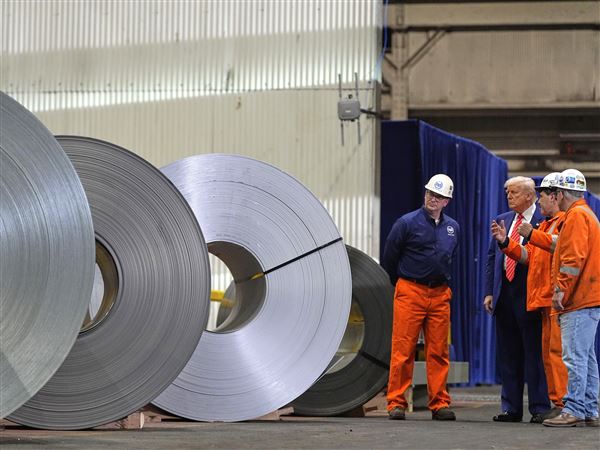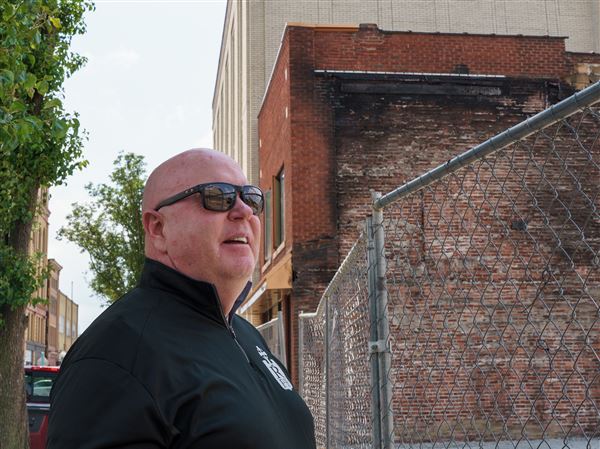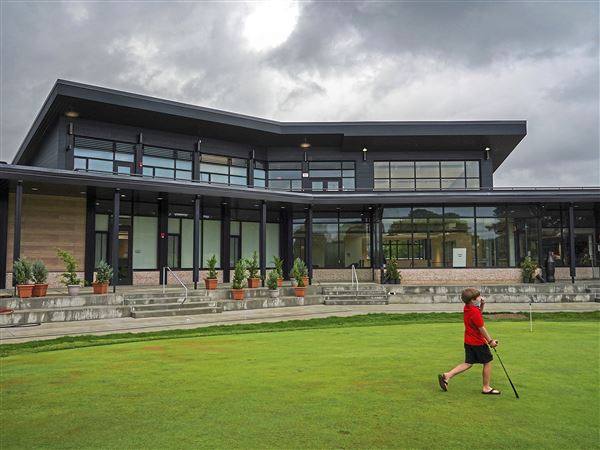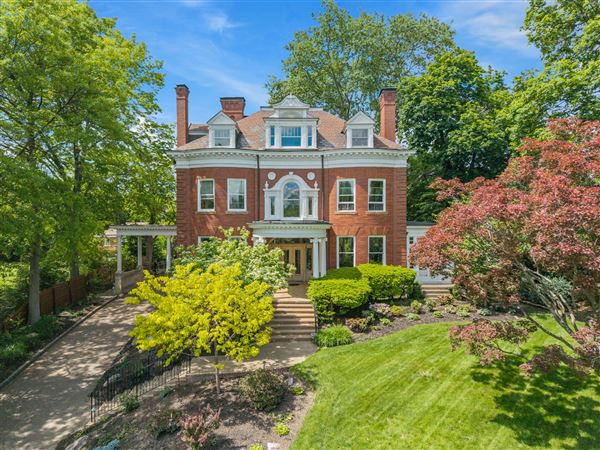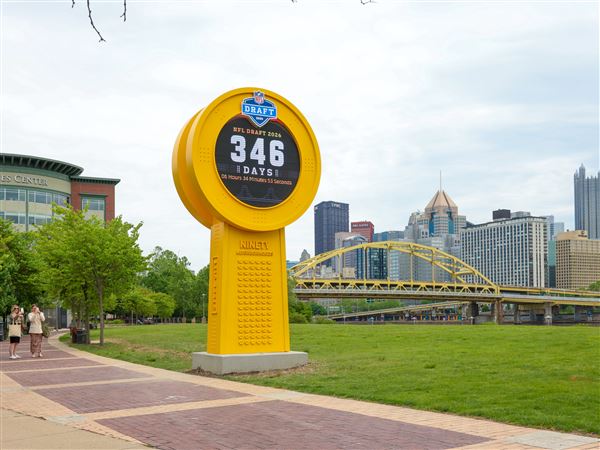For many -- despite the best efforts of transit evangelists -- taking the bus is one step above hitchhiking with a handkerchief sack tied to a stick.
Buses are slow and crowded, these people say. They're always late. Driving your own car is faster.
And the thing is, they're often right.
But a new grant is hoping to change that perception, promoting a faster, cleaner and smarter bus system -- and getting the county closer to changing the reality, too.
Officials announced Wednesday that Pittsburgh will split a $1.2 million grant from the Rockefeller Foundation with three other cities to promote bus rapid transit, or BRT, a transportation option proponents say combines the flexibility of buses with the speed of light rail at a fraction of the cost.
The money will bolster the Port Authority's plans to open a rapid bus line between Oakland and Downtown, a busy corridor that carries 30 percent of the area's transit riders.
"BRT is one of these initials I think is going to become recognizable to the public," Allegheny County Executive Rich Fitzgerald said at a news conference.
The plan would convert portions of Forbes and Fifth avenues in the Hill District and Uptown to a bus-only lane. The Port Authority would upgrade selected stations, posting arrival times for incoming buses on electronic displays and raising the platform to door height, giving the BRT the air of a subway on wheels.
The goal? Speeding up travel times and adding a classier touch to the riding experience, attracting new customers who would otherwise turn their nose up at taking the bus.
"People look for particular qualities of transit: Is it predictable, does it come on schedule, is it fast?" said Benjamin De La Pena, the Rockefeller Foundation's associate director for urban development. "People don't really care if it's rubber on road or some kind of track. It's, 'Where can I get to go in the shortest possible time?' "
The project could cost between $180 million and $210 million, Mr. Fitzgerald said. By comparison, it cost more than $500 million to bore the North Shore Connector tunnel under the Allegheny River.
But the Rockefeller Foundation grant won't help with that. It's intended to sponsor an advertising campaign to build public support for a BRT system in Pittsburgh, working through local public relations firm Bravo Group. The city will split the money with Nashville, Chicago and Boston.
Such bus systems have gained traction in the United States after a long run of popularity abroad. The news conference highlighted Cleveland's HealthLine, which connects the city's downtown to its university center. Successful systems have been lauded in Los Angeles and Vancouver.
Some have pushed for an extension of the T over new bus lines, arguing light rail can carry more passengers. Mr. Fitzgerald said the county considered extending rail service to Oakland but backed off after learning it would have cost 10 times as much as new bus service, he said.
It's a curious homecoming for BRT: Pittsburgh was one of the first practitioners.
"The Port Authority was an early pioneer of rapid bus with the [Martin Luther King Jr] East Busway," said Robert Firth, founder of local firm Informing Design and a transit observer. "What they're contemplating with the BRT is kind of fancier and more up to date."
First Published: April 11, 2013, 4:00 a.m.

